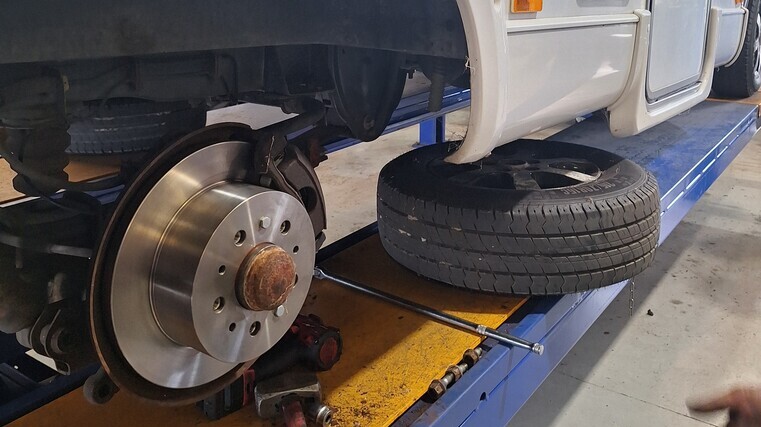Safety fears over COF plans

The Motor Trade Association (MTA) and Vehicle Testing New Zealand (VTNZ) have pushed back against government plans to reduce the frequency of certificate of fitness (COF) checks for motorhomes.
The organisations, which together represent approximately two-thirds of vehicle inspectors, are warning against the proposal and have highlighted failure rate data for motorhomes and potential safety issues.
Those concerns have been raised in a submission on the government’s plan to shift COF inspections on private heavy motorhomes from every six months to once a year.
The two organisations propose the coalition should instead adopt an alternative framework that changes the COF frequency to annually for newer motorhomes but retains six-monthly checks for those more than 20 years old.
While the MTA and VTNZ say they appreciate the intentions of amending the compliance rule and support the general principle of reducing red tape, the safety of road users must come first.
Lee Marshall, the MTA’s chief executive officer, adds: “Motorhomes are sizeable vehicles that make up a significant portion of the country’s fleet, around 39,000 vehicles.
“The consequences of an accident involving a motorhome can be catastrophic.”
Greg O’Connor, chief executive officer at VTNZ, explains how inspection data supports their argument to keep six-monthly inspections for older motorhomes.
“Over the last three years the failure rate for motorhomes is around 28 per cent, and for motorhomes more than 20 years old that increases to 48 per cent. That does not suggest a safe overall fleet.
“It’s clear from inspection data that the deterioration in the integrity of the vehicle as it ages poses a threat to safety that can only be managed by maintaining the status quo.”
The joint submission notes the most common reasons for motorhomes failing COF checks are underbody and exterior deterioration, both of which are often caused by rust, and unsafe brakes – all of which raise significant safety concerns.
It adds that deterioration can occur whether the vehicle is used frequently or parked up for long periods.
“MTA members we consulted told us they frequently see vehicles needing rust repair every six months,” Marshall continues.
“It’s clear that the ‘one-size-fits-all’ approach proposed is not suitable for older vehicles.”
The government has also proposed changing warrant of fitness (WOF) inspections for vintage vehicles from every six months to once a year.
The MTA and VTNZ say in their submission they do not oppose this move as such vehicles are usually well-maintained and prized, and there is no evidence it would raise safety concerns.
Consultation on the WOF and COF proposals closed this month. The NZTA says feedback is being considered and Chris Bishop, Minister of Transport, is expected to make a decision about the changes in May.





